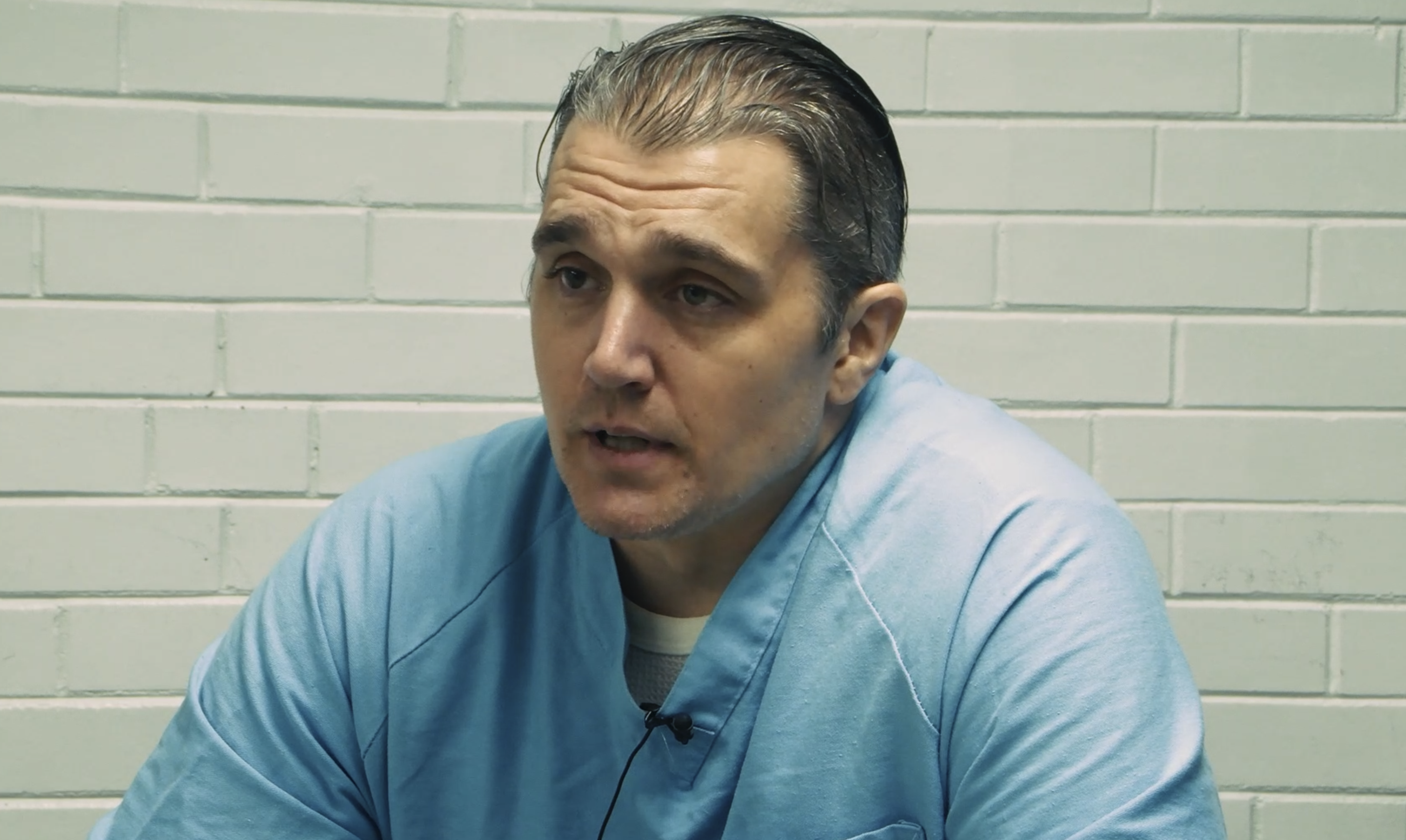Bliefnick’s petition to appeal appellate court judgment denied by Illinois Supreme Court; motion to reconsider filed

QUINCY — The Illinois Supreme Court ruled on Jan. 29 to deny a petition by Tim Bliefnick, a Quincy man convicted of murdering his estranged wife in February 2023, for leave to appeal the Nov. 8 judgment of the Appellate Court, Fourth Judicial District.
Bliefnick’s appeal was one of 153 cases that were on the leave to appeal docket and denied by the Illinois Supreme Court. Only three appeals were allowed.
Catherine K. Hart, deputy defender, and James Henry Waller, assistant appellate defender, with the Office of the State Appellate Defender, filed a motion for leave to file a motion for reconsideration and a motion for reconsideration with the clerk of the Illinois Supreme Court was filed Monday, Feb. 3.
A three-judge panel from the Illinois Appellate Court Fourth District — Raylene Grischow from Sangamon County, Craig DeArmond from Vermillion County and Robert Steigmann from Champaign County — affirmed in November the conviction of Bliefnick on two counts of first-degree murder and home invasion and his sentence of natural life in prison.
“(The Supreme Court) has denied Mr. Bliefnick’s petition for leave to appeal,” Hart and Waller’s Feb. 3 motion read. “In so doing, (the Supreme Court) risks the continuation of a split in authority over the proper remedy for the admission of hearsay propensity evidence.
“In denying leave to appeal, (the Supreme Court) also risks failing to give guidance to lower courts about the nature of the attorney-client privilege after the death of a client and how far the testamentary exception to that privilege may be extended. In his motion to reconsider, Mr. Bliefnick provides further explanation of the difficulties lower courts will face in adjudicating similar issues in the future if the Fourth District’s published opinion is the last word on these issues.”
Becky Bliefnick, who had three sons with Tim Bliefnick, was found dead by her father in her home on Feb. 23, 2023, after being shot 14 times. She was 41. Tim Bliefnick was convicted in May 2023 of murdering his estranged wife and received three life sentences on August 11, 2023. He now is lodged in the Menard Correctional Center in Menard.
The petition for leave for appeal filed by Waller and Hart argues that Bliefnick was denied his right to a fair trial:
- When Adams County Judge Robert Adrian admitted a vast amount of inadmissible hearsay evidence under the “forfeiture by wrongdoing” doctrine, without regard for whether that evidence was relevant or otherwise admissible.
- When Adrian’s failure to recuse himself raised a constitutionally impermissible appearance of impropriety because of a conflict of interest with Adams County Assistant State’s Attorney Josh Jones.
- When Jones made representations to the jury of matters that were not in evidence.
Those were the same points of contention made by Waller and Hart in the Appellate Court case.
Steigmann disagreed on all three points in his Nov. 8 opinion.
- On the inadmissible evidence: “Bliefnick contends that all these statements were irrelevant and erroneously admitted as evidence of Becky’s ‘state of mind.’ The state counters that many of these statements were admissible for purposes other than these cited by the trial court at the pretrial hearing, and any improperly admitted statements were harmless error.”
- On the conflict of interest: “We conclude that (Bliefnick) forfeited the issue not only because he failed to raise the issue in a posttrial motion but also because this appeal is the first time Judge Adrian’s recusal has been raised. Before the trial court, (Bliefnick’s) suggestion of a conflict did not ask that Judge Adrian recuse himself. Instead, the only relief (he) requested was that Jones be removed as the prosecutor. Accordingly, (Bliefnick) did not preserve for review Judge Adrian’s alleged error in not recusing himself.”
- On Jones’ closing argument to the jury: “(Bliefnick) argues that (Jones’) comments during closing argument constituted … plain error. However, as the Supreme Court has noted, ‘Comments in prosecutorial closing arguments will rarely constitute … plain error because the vast majority of such comments generally do not undermine basic protections afforded to criminal defendants.’ In this case, (Jones’) rebuttal argument does not come remotely close to constituting … plain error.”
“In that decision, the appellate court held that the admission of hearsay testimony from several different witnesses that were allowed to testify as to the state of mind of the purported victim in this case was improper,” Hart and Waller wrote in their Feb. 3 motion. “However, rather than remand the case for a new trial … the Fourth District conducted a harmless error analysis … and refused to provide the remedy that (the Supreme Court) prescribed for such a reversible error.
“Further, the appellate court also created a new doctrine weakening the attorney-client privilege by establishing the new law of ‘implicit waiver.’ Extending both the doctrine of forfeiture by wrongdoing and the testamentary exception to the attorney-client privilege, the Fourth District has created new law that abolishes (the Supreme Court’s) previous firm holdings that the attorney-client privilege becomes absolute upon the client’s death, except in the issue of will contests.”
Miss Clipping Out Stories to Save for Later?
Click the Purchase Story button below to order a print of this story. We will print it for you on matte photo paper to keep forever.

